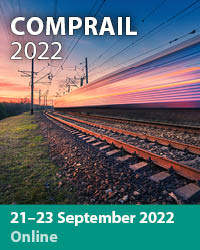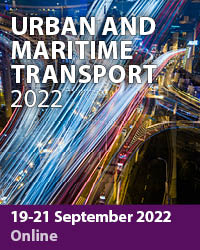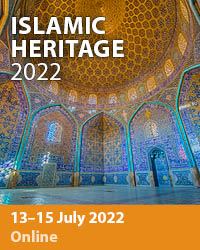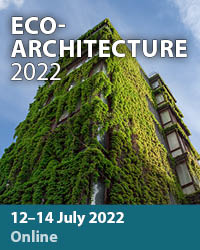18th International Conference on Railway Engineering Design & Operation
21–23 September 2022
Valencia, Spain
Introduction
The 18th International Conference on Railway Engineering Design and Operation (COMPRAIL 2022), is the latest in a series of very successful meetings which started in Frankfurt in 1987 and continued in Rome (1990); Washington (1992); Madrid (1994); Berlin (1996); Lisbon (1998); Bologna (2000); Lemnos (2002); Dresden (2004); Prague (2006); Toledo (2008); Beijing (2010); the New Forest, home of the Wessex Institute (2012); Rome (2014); Madrid (2016), Lisbon (2018) and online in 2020 due to the Covid-19 pandemic.
The meeting is organised by the Wessex Institute and the Polytechnic University of Madrid, Spain and sponsored by WIT Transactions on the Built Environment and the International Journal of Transport Development and Integration. The Conference aims to update the use of advanced systems, promoting their general awareness throughout the management, design, manufacture and operation of railways and other emerging passenger, freight and transit systems. It emphasises the use of computer systems in advanced railway engineering.
The meeting attracts a variety of specialists interested in the development of railways, including managers, consultants, railway engineers, designers of advanced train control systems and computer specialists. It provides a forum for researchers, academics and practitioners involved in railway engineering to present and discuss the latest developments.
Since 1993 all published papers are archived in the Wessex Institute eLibrary (www.witpress.com/elibrary), where they are easily and permanently available in Open Access format to the international community.
Conference Topics
The following list covers some of the topics to be presented at COMPRAIL 2022. Papers on other subjects related to the objectives of the conference are also welcome.
- Advanced train control
- Operational quality
- Risk management
- Planning and policy
- Monitoring and maintenance
- Energy efficiency and power supply
- Signalling and train control systems
- Timetabling and rescheduling
- Safety and security
- Vehicle dynamics
- Driverless and automatic train operation
- System integration
- High-speed technology
- Interoperability
- Modelling and simulation
- Multi-modal integration
- Magnetic levitation vehicles
- Telecommunications in rail transport
- Freight transport
- Real-time operations
- Ticketing
- Singletrack traffic
- Track design and maintenance strategies
- Intelligent railway systems
- Road and rail synergy
- Electrical railroad
- Railway logistics
- Passenger guidance and user behaviour
- High-density rails
- Railway resilience
- Environmental impact and CO2 reduction
- IoT applications to railway vehicles
- Wheel-rail contact
- Adhesion and wear
- CBM and new maintenance techniques applied to railway
- Hydrogen and battery trains
- Case studies



